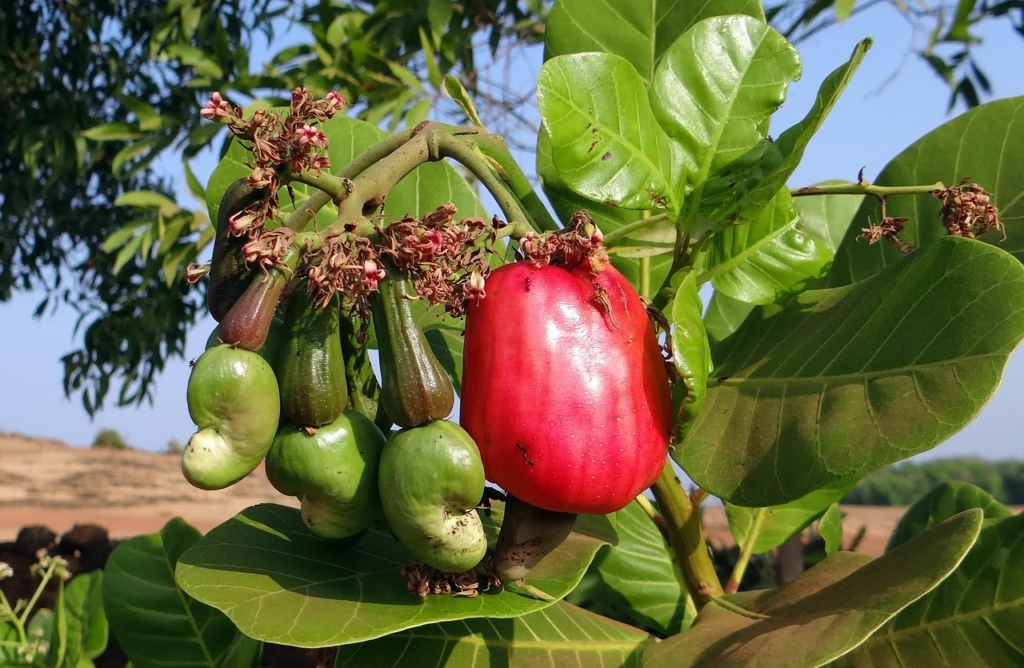
The global cashew industry is booming, with increasing demand from food manufacturers, retailers, and wholesalers. However, sourcing high-quality cashews from a reliable supplier is crucial to maintaining product quality and business success. Many businesses face challenges in identifying trustworthy suppliers due to fraudulent activities and inconsistent quality standards. This blog will guide you through the essential steps to verify cashew supplier credentials and ensure a smooth and secure procurement process.
1. Conduct Thorough Background Research
Before engaging with a cashew supplier, conduct a comprehensive background check. Look for their business history, years of operation, and reputation in the market. Reliable suppliers often have an established presence, a strong client base, and positive reviews from buyers. You can use online directories, trade websites, and supplier databases to gather initial information about their credibility.
2. Check Business Registration and Certifications
A legitimate cashew supplier should have proper business registration and certifications that comply with industry standards. Request copies of their company registration, tax identification, and any certifications related to food safety and export quality. Certifications such as ISO, HACCP, and Fair Trade indicate that the supplier meets global standards for cashew processing and ethical business practices. Verifying cashew supplier credentials through official documents helps filter out unreliable suppliers.
3. Evaluate Product Quality Through Samples
Quality assurance is one of the most important factors in verifying cashew supplier credentials. Request product samples before finalizing any bulk purchase. Assess the quality based on factors such as size, color, moisture content, and overall freshness. Laboratory testing can also be conducted to check for contaminants, ensuring the cashews meet your required specifications.
4. Verify Supplier’s Export License and Trade History
A reliable cashew supplier should have a valid export license that allows them to ship products internationally. Ask for their export license details and cross-check with relevant authorities or government trade agencies. Additionally, review their trade history, including past shipments, client references, and market reach. Suppliers with an extensive export record are more likely to be trustworthy.
5. Look for Customer Reviews and Testimonials
One of the most effective ways to verify cashew supplier credentials is by checking customer feedback. Search for reviews on trade websites, social media, and business forums. Speak with previous buyers to understand their experience regarding product quality, delivery timelines, and supplier reliability. A supplier with positive feedback and repeat customers is a good indicator of trustworthiness.
6. Conduct a Factory or Warehouse Visit
If feasible, visiting the supplier’s factory or warehouse is an excellent way to assess their operations. A physical inspection provides firsthand insight into their processing methods, storage conditions, and hygiene standards. If an in-person visit is not possible, request a virtual tour through video conferencing to inspect their facilities remotely.
7. Verify Payment Terms and Contracts
Understanding payment terms is a crucial step in supplier verification. Reliable suppliers offer secure payment methods, such as bank transfers, letters of credit, or escrow services. Avoid suppliers who demand full upfront payments without proper documentation. Drafting a clear contract outlining product specifications, delivery timelines, and dispute resolution terms helps protect both parties.
8. Check for Industry Affiliations and Trade Associations
Many reputable suppliers are members of industry associations and trade organizations. Affiliations with organizations such as the African Cashew Alliance (ACA), Vietnam Cashew Association (Vinacas), or India Cashew Export Promotion Council (CEPC) add credibility to their business. Membership in such associations indicates compliance with ethical and quality standards.
9. Verify Logistics and Delivery Capabilities
A supplier’s ability to handle logistics efficiently is a crucial factor in international trade. Verify their experience with customs regulations, documentation, and shipping procedures. Delayed shipments and improper handling can affect your business operations. Confirm their partnerships with reliable freight forwarders and their ability to meet agreed delivery timelines.
10. Request a Trial Order Before Large Commitments
To minimize risk, start with a small trial order before committing to a large purchase. This approach allows you to assess the supplier’s reliability in terms of product quality, delivery efficiency, and customer service. If the trial order meets your expectations, you can confidently proceed with larger transactions.
Conclusion
Verifying cashew supplier credentials is a vital step in ensuring that you source high-quality cashews from a reputable supplier such as Ahar Group. Conducting thorough background research, checking certifications, reviewing trade history, and requesting product samples are essential measures to mitigate risks. By following these steps, businesses can establish long-term partnerships with trustworthy suppliers and ensure a smooth procurement process. Always prioritize due diligence to protect your business and maintain product integrity in the global cashew market.











Add comment